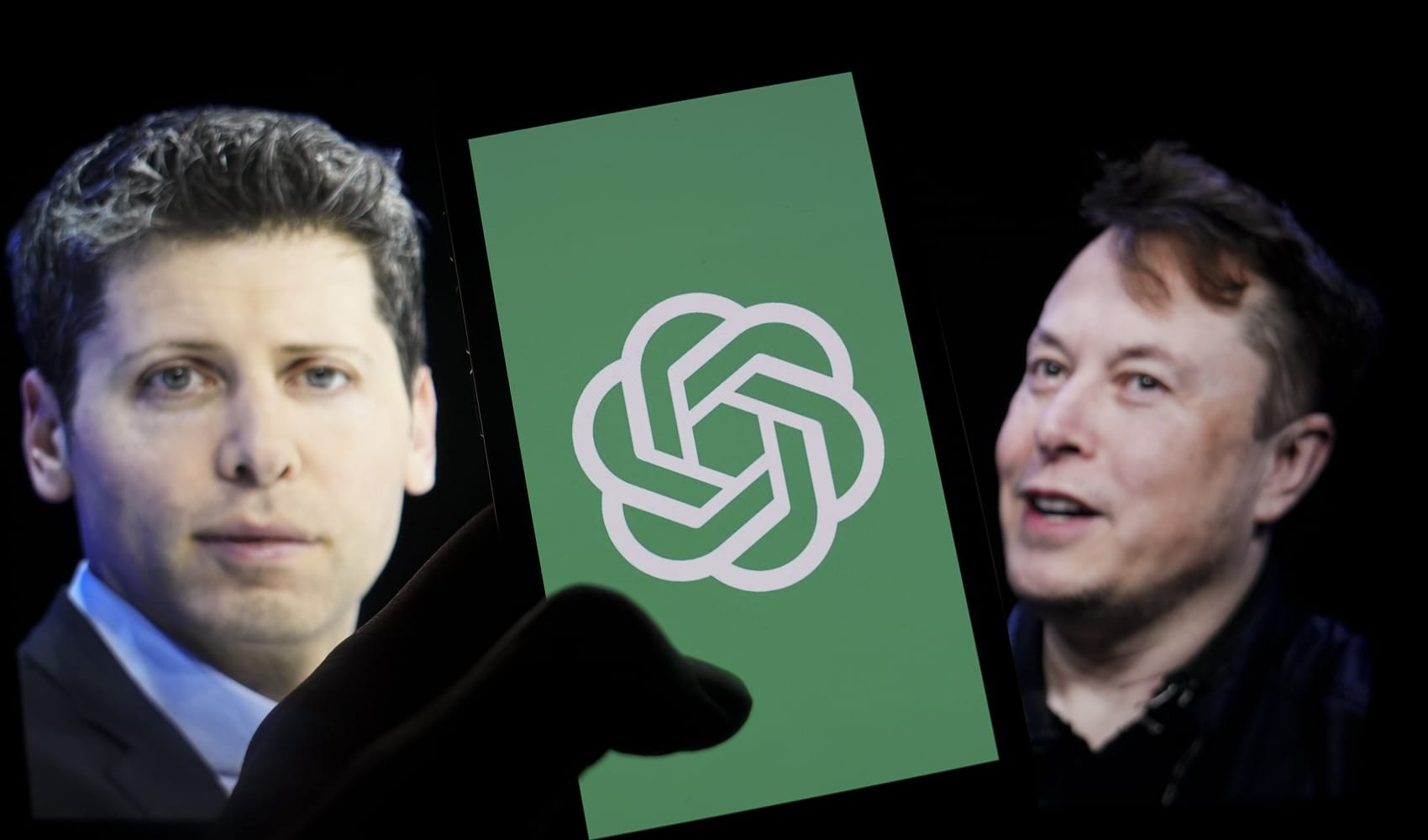
Most employers say they're willing to negotiate, and 85% of employees who try for a higher salary, better benefits, or other changes get at least some of what they asked for. Yet only 45% of U.S. workers start that conversation when they receive an offer.
That statistic that tracks with my own experience. I've hired about 2,000 people at companies including Google, DoorDash, and Carta. I'd estimate that about half of the candidates I've extended an offer to didn't negotiate at all.
So why don't more people give it a shot?
Some candidates worry the company might rescind its offer, which almost never happens. More likely, people are scared because they don't have much negotiating experience and feel unprepared.
Get top local stories in San Diego delivered to you every morning. Sign up for NBC San Diego's News Headlines newsletter.
DON'T MISS: The ultimate guide to negotiating a higher salary
The truth is it's hard to prepare for salary negotiations. Yes, you can — and should — review advice from reputable sources online. But we all know reading an article and negotiating with a hiring manager in the moment are very different.
As a former recruiter and the cofounder and CEO of pay transparency platform FairComp, I recommend using AI to stack the deck in your favor. Then you can walk into that negotiation ready to win.
Money Report
Here's how — and exactly which prompts I use.
1. Research compensation data
You first need to understand your market value, and ChatGPT is the best research tool I've used. Here's the prompt I started with:
Give me the salary range for a <insert role> at <insert company> located in <insert location>. Based on my LinkedIn profile <insert LinkedIn url>, what salary should I target? Please give me a range that reflects my true market value, as well as a high-end target that could be achieved through strong negotiation.
ChatGPT cited Glassdoor's data and gave me a link to explore more on my own.
Make sure to compare the data you collect with friends and colleagues who are in similar positions.
2. Practice negotiating with ChatGPT's voice feature
Most people leave money on the table because they're scared to ask or don't know how. Candidates often say they don't feel confident negotiating, and it makes sense. The average person will have about 12 jobs during their career, according to Zippia.
Most recruiters will negotiate more in a month than the average candidate does in their lifetime.
But we can build confidence through practice, and AI is a great tool for it, especially if you don't have an experienced mock negotiation partner within reach.
I tested three of the top AI products: ChatGPT, Claude, and Perplexity. As of this writing, ChatGPT's voice model feels the most realistic — using it feels like you're actually talking to a hiring manager. The free version works great, though you might want to upgrade to the $20/month version, depending on your usage.
To start getting your reps in, click on ChatGPT's voice feature and give it this prompt:
I just received an offer from <company name> to be a <role name>. They offered me <insert salary>. I'd like to role play with you for my upcoming salary negotiation. Can you help and then give me feedback when we're done?
I was blown away by how realistic the conversation felt. The AI told me the compensation I asked for was outside of its budget and asked me to justify my request with data. We went back and forth, just as I would've done with a hiring manager. Then it gave me feedback on what I could do better during our next round.
To be clear, the AI negotiation simulation is not perfect and never will be. It doesn't know intimate details like how well you interviewed, or how many other candidates the company is talking to.
Even with those gaps, though, I'd argue that it's the best preparation tool on the market.
I recommend practicing for 15 minutes a day for three or four days if timing allows. A cumulative hour of practice could be worth thousands of dollars in annual salary.
Keep experimenting like a prompt engineer
Prompt engineering doesn't require technical skills. It isn't about coding — it's about persistence. Prompt engineers tinker with different inputs to get the AI to give them better answers. The more you tinker, the better responses you'll get.
Below are additional prompts I used in anticipation of negotiating an offer. Remember to adjust and tailor to suit your own needs.
- What benefits or perks should I negotiate besides salary?
- How do I calculate the total value of a compensation package, including equity, bonuses, and benefits?
- What questions can I ask to ensure there are promotion and/or career advancement opportunities within the company?
Nolan Church is the cofounder and CEO of pay transparency platform FairComp. Previously, he was Chief People Officer at Carta, where he hired over 1,000 employees. He was employee number 50 at DoorDash, where he led recruiting and hired 800 people in three years. He began his recruiting career at Google.
Ready to boost your income and career? Don't miss our special Black Friday offer: 55% off all Smarter by CNBC Make It online courses. Learn how to earn passive income online, master your money, ace your job interview and salary negotiations, and become an effective communicator. Use coupon code THANKS24 to get the best deal of the season—offer valid 11/25/24 through 12/2/24.






